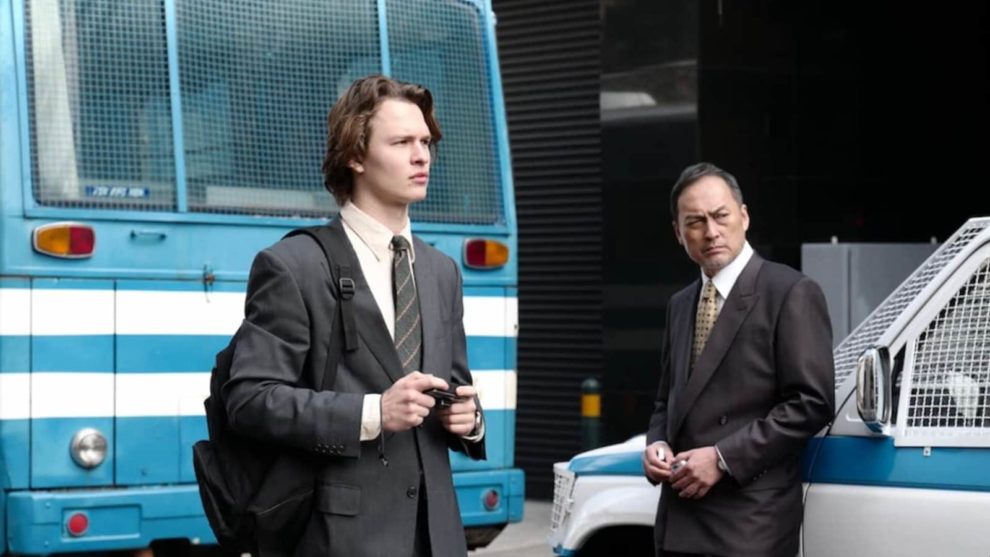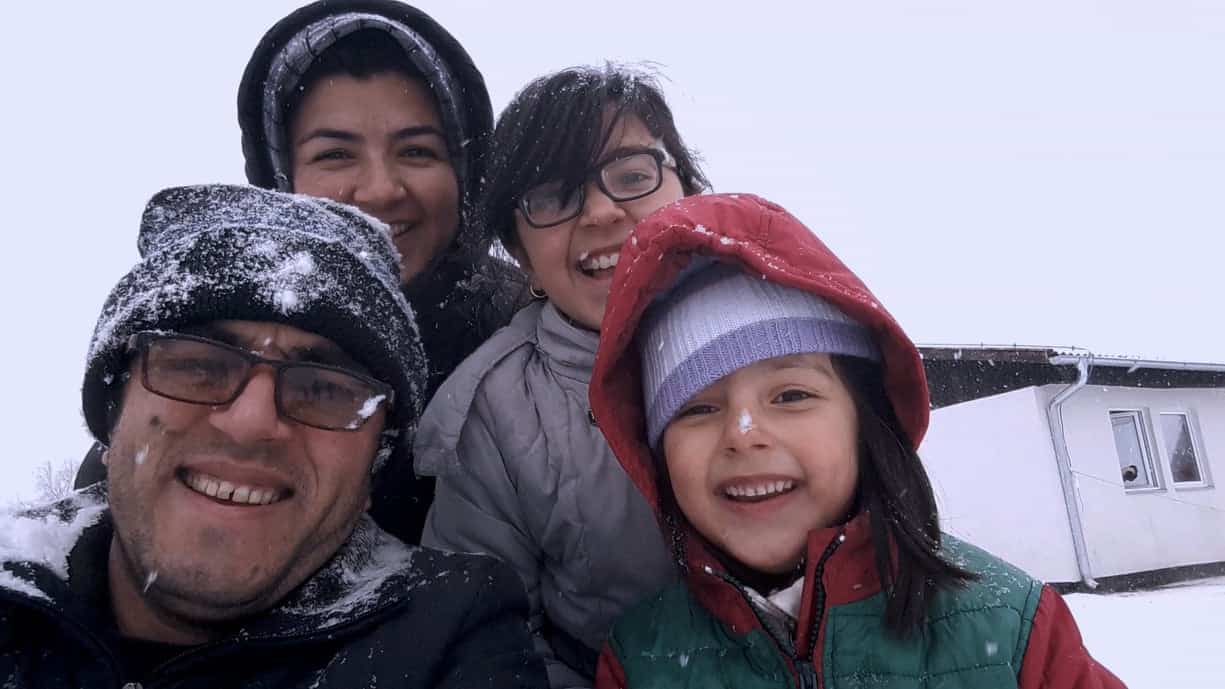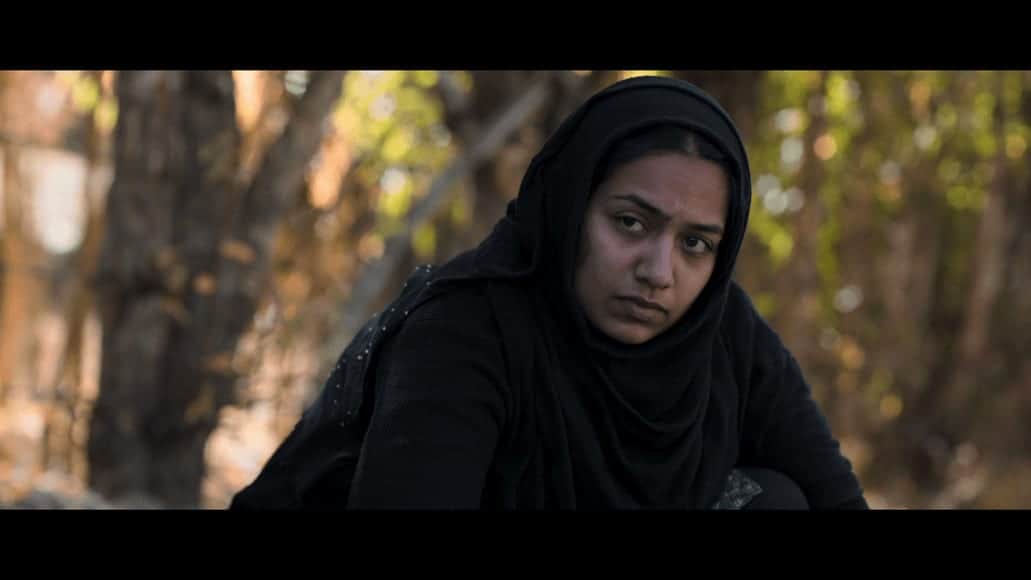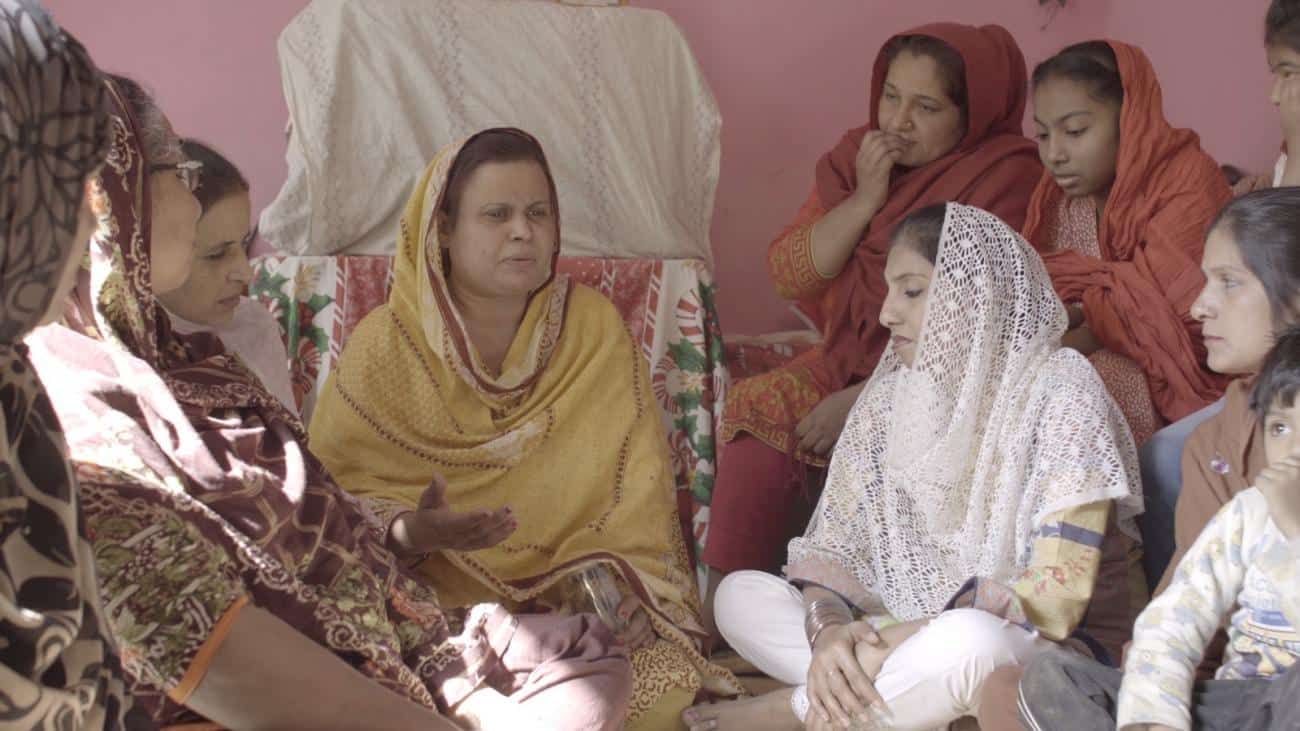Considering the impact the original, autobiographical book by Jake Adelstein had, and the rave reviews it received (including one here in AMP), an adaptation was bound to happen at some point, and HBO was the one that took the opportunity (challenge if you prefer) to transfer a material that is more suited to a documentary into an action adventure. That Michael Mann would direct the first episode, however, was definitely a good start. Let us take things from the beginning though.
The story begins in 1999, when American journalist Jake Adelstein has relocated to Tokyo and must pass a written exam in Japanese to have the chance to join the staff of a major Japanese newspaper, Meiso. Despite his evident cockiness and the fact that he has not exactly fully adapted to the Japanese professional ways, the fact that his command of both vocal and written language is quite good, eventually gives him the position. The troubles, however, start almost immediately, despite the fact that his direct higher up, Eimi, is supportive, with the same applying to two of his colleagues, also rookies “Tin Tin” and “Trendy”. His boss, on the other hand, xenophobic, nationalist Baku does not like him at all, and Jake's cocky attitude does not help at all.
Eventually, he manages to make acquaintances with a police officer, Miyamoto, who shows him the ropes but also tricks him whenever he can, and also introduces him to the world of hostess bars. In there, he meets Samantha, a gorgeous American who has aspirations and issues of her own, her best friend and colleague, Polina, and also Sato, a young yakuza member, with Jake eventually striking friendly, but also dangerous relationships with all. A bit later, he starts cooperating with a rather tough but honorable police officer, Katagiri, who helps him significantly, even introducing him to his family. Things become more complicated though, when Ishida, the head of the yakuza family Sato works for, takes notice of him, and another yakuza group, headed by the ruthless but also sick Tozawa, enters the area of Ishida's group, threatening with war. As the connections of everyone involved become more intense, Jake and his friends find themselves entangled in a web that seems impossible to get away from.

The most obvious aspect of the narrative here is that Jake's arc is actually one of the least interesting in the series, with his relationship with his family back home also moving in the same direction. At the same time, however, and similarly to the book, his life is implemented in a way that allows for different aspects of Japanese society to be explored quite thoroughly. The obsession with the proper way to do things, that begins from etiquette and stretches all the way to the yakuza conduct, the racism, xenophobia and the inherent casteism of Japanese society is one of the most obvious, and particularly exhibited in Jake's work environment, in a number of levels. The concept of the sex industry as indicated in areas like Kabukicho, and particularly the rather hypocritical way the law and public opinion works in that regard is another of the central ones. Lastly, the way the press works and particularly the way reporters build connections with police officers, which actually includes various gifts, home visits and even the shaping of true friendships is revealing as is its connections with the yakuza, whose roots are revealed to reach all parts of society, at least at the time.
Regarding Jake's arc, and despite what mentioned before, there is a really interesting element here, also deriving from Ansel Eigort's acting in the role. The original Adelstein essentially performed a miracle, as doing what he did (working in a newspaper, dealing with yakuza, investigating both organized crime and the hostess world) at the time he did it, and even now to a point, is truly astonishing. At the same time, the whole thing made him cocky, while on a number of occasions, and even through his own words in the book, he emerges as someone who could be really annoying or even obnoxious at times. Eigort has actually captured this element to the fullest, in a testament to both his acting and the overall writing of the central character, of which Adelstein must have had something to do with.
Starting from this great point, and since the acting is now mentioned, what becomes evident from the beginning here is that both this aspect and the overall casting is one of the series' biggest achievements. Samantha's arc may go a bit too far in terms of story, particularly regarding the revelation of her past, but Rachel Keller is electrifying in the role, especially in the way she manipulates men in a way that makes her a true femme fatale, but also has her most innocent and sensitive moments, mostly deriving from her relationships with her girlfriends. Ken Watanabe is excellent as the righteous, hard-nosed cop as Katagiri and Hideaki Ito is equal as the exact opposite type of policeman as Miyamoto. Rinko Kikuchi is always a pleasure to watch, and here emits a most welcome positivity as Eimi, also due to her reactions in the many instances that show she is considered of lower rank due to being a woman. Sho Kasamatsu as Sato is excellent both as a villain and a man whose inner struggle is tormenting him in the worst fashion. Shun Ogata as Ishida and Ayumi Tanida as Tozawa provide great villains, with them emitting danger every time they speak or even move. Lastly, the presence of Ayumi Ito and Renji Ishibashi in smaller roles round up a rather impressive cast.
The production values highlight that this is an HBO production, with the cinematography and the overall visuals being top notch, and the overall pace, as exhibited by the editing, a rather important factor in the entertainment the film offers. Add to that the excellent production design that has captured the era in the most realistic, but also appealing fashion, and you have an overall excellent series in every technical term. Especially the many scenes in clubs, where the music of the era, frequently in Japanese-language remixes, are quite appealing to watch, and the apogee of the audiovisual prowess of the series.
“Tokyo Vice”'s story may go a bit too far in some of its arcs, but as a whole, emerges as an impressive series that also manages to highlight a number of aspects of living in Japan, particularly for foreigners, in the best fashion.















